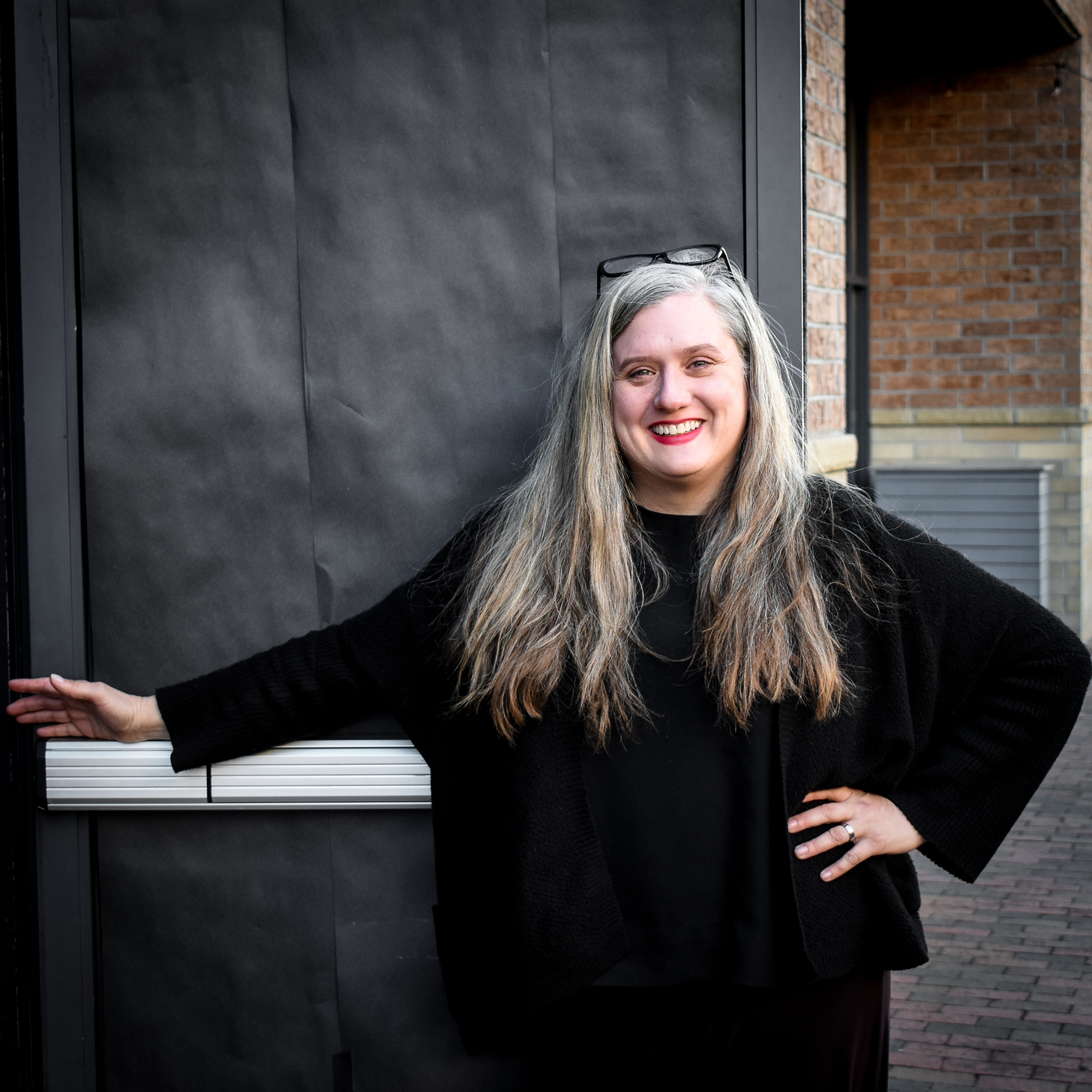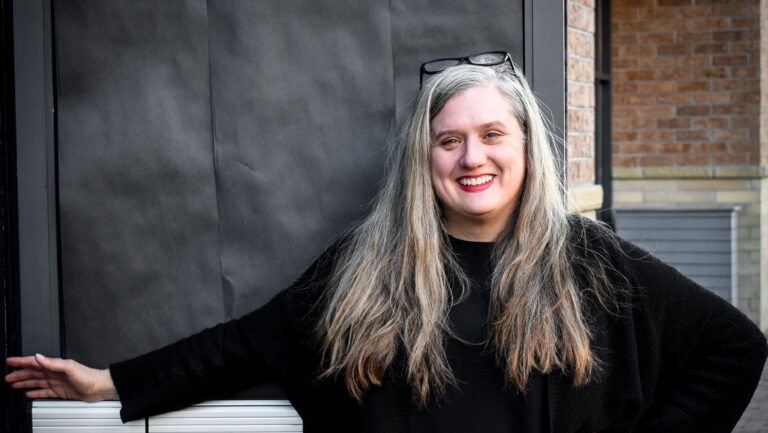For the past 20 years, Juli Hendren and Tricklock Company have brought international theater to Albuquerque as diplomats. Two decades would be an impressive milestone for any theater company, but Hendren, executive director of Tricklock Company, is quick to point out that the Revolutions International Theatre Festival is not simply about the theater the festival includes, it is about bringing together the people involved. Theater is an excellent entry point for conversations about cultures other than our own and the festival itself is a way to show people from other countries firsthand that not all Americans are like the ones they see on TV. It’s a worthy task in these times for Hendren and the ambassadors at the embassy we call Tricklock. Weekly Alibi sat down with Hendren to talk about diplomacy, theater and this year’s Revolutions. The following is an edited version of that conversation. Weekly Alibi: The Revolutions International Theatre Festival is about to begin its 20th year. How did it start?Juli Hendren: Our founding artistic director, Joe Peracchio, he had great vision. The short version is that we went to Poland to do some training. [A theater group we met there] had organized a US tour and they were coming to New York. We were like, what about coming to Albuquerque? At the same time, many of us trained at Dell’Arte International School of Physical Theater, which is in Blue Lake, California. They were going to New Orleans and they were like, what if we stop [in Albuquerque]? Joe [said] what if we made a festival? We put our own show in the middle. We added workshops and gatherings and dinners and ran the lounge. Once we were in it, the larger mission around what we were trying to do became really crystal clear.So, Revolutions started as a scheduling-driven project and became a mission-driven project?Being able to bring them here and show them to people was really critical. What things have you learned from visiting companies and their approaches that have been incorporated into the work of Tricklock?Definitely this idea that theater can happen anywhere. Most US theater is based in realism. One of the first things I did [when I first went to Poland was go to a performance] called Cosmos, which was an epic show where you went and saw like 20 minutes of a show in this 800-year-old church, then you went to the kitchen where everyone like passed around vodka, then you went to this weird granary to watch this work demonstration. Then had to get a sausage out of the tree and everybody ate it. What theater is outside of the US is really quite different. Most theaters try to be corporations. That’s not what art is. Art doesn’t work that way. Getting visiting artists visas can sometimes be a problem. Over the past 20 years, how has changed?It’s a little rough right now. I’ll be honest, our current government is not very outside-of-the-US friendly. Getting the visa processed here in the US actually isn’t that hard. Where it gets rejected is when the artist has to go to the US Embassy in their country and have an interview process. That’s usually where they get rejected. It depends on who’s in the White House, who is staffed in those and how much they understand the arts. As a cultural exchange, what responsibility does Tricklock have in representing this side of the equation to people coming here? A huge part of our mission is diplomacy through the arts. I feel like our job is similar to the State Department. There’s a famous Polish phrase—A guest in the house is God in the house. We really try to follow that so that they have a warm experience, which is what makes our festival different. I was just at a big festival in New York called Under the Radar. It’s New York, so it’s busy. It’s very networky. Here, we’re able to really make it like New Mexico. It’s homegrown. And we have all these places to drink and eat along the way because it’s a way of gathering people. What haven’t you been able to do in the last 20 years that you’d like to do in the next 20 and what would you need to do it?I would really like to be able to bring larger or potentially more challenging artistic groups that are outside of the US and I would need money, really. I mean, money is always the thing that our arts needs, but our funding is so dismal. So very dismal. What do you hope theatergoers get from this year’s festival?Just being able to witness such incredibly creative and imaginative art. Art inspires. It promotes transformation. The mission always is about humanizing the world.
Revolutions International Theatre Festival
March 7 through 28
Various locations in Albuquerque
For more information and tickets see tricklock.com










